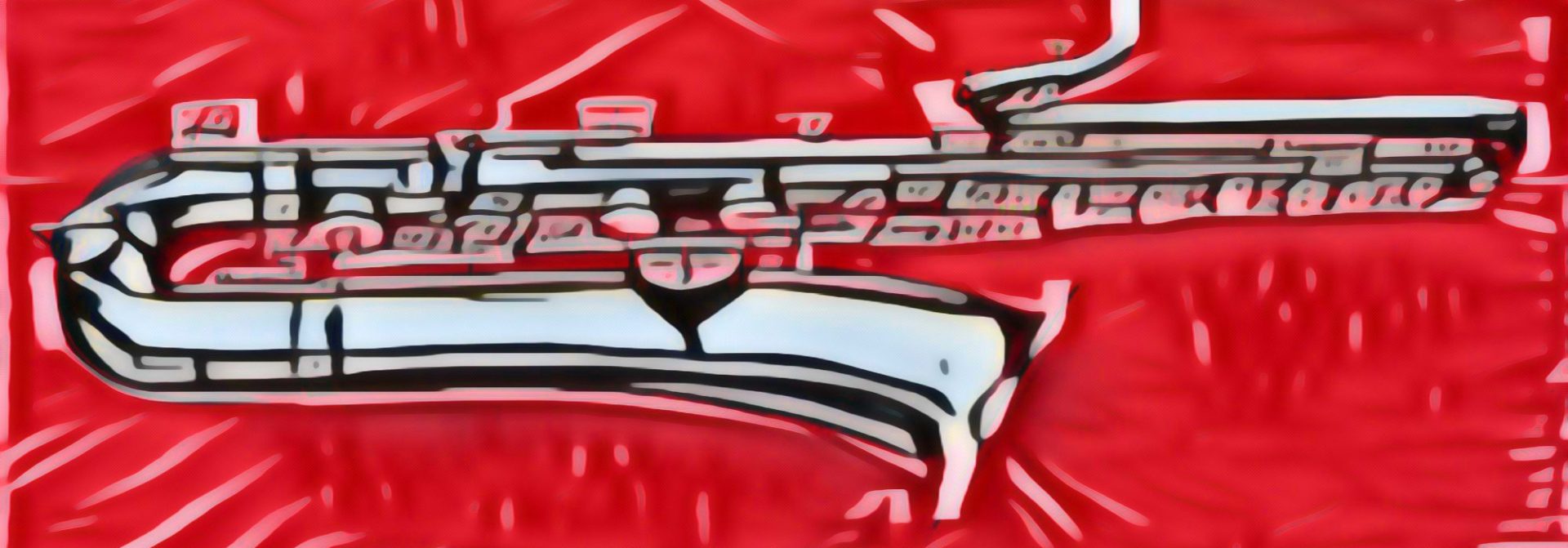We all know Sigurd Rascher as a saxophone virtuoso. He was the one the earliest, and arguably the most influential, classical saxophone player in the early part of the 20th century.
However, when he first started performing classical music on our instrument, not everyone was impressed. Take for example, the following review of his December 1939 performance at the Athenaeum in Milwaukee. This article was published in the December 8, 1939 edition of The Milwaukee Journal.
Sigurd Rascher, you got burned…

Wow, that was harsh. There seems to be nothing about the evening that Richard Davis liked. Apparently he didn’t even like the piano player. (Guilt by association perhaps.) In any event, Mr. Davis was obviously one of those classical music purists, and didn’t like those dirty jazz instruments messing up the classical scene… Oh well… Sucked to be him I guess. 👿
As I was doing some background research about this concert, I happened across an interesting webpage about the Athenaeum. Apparently this impressive building was originally constructed in 1887, and has been the home of the Women’s Club of Wisconsin since its founding. Interestingly enough:
The Athenaeum, as it was christened by the organization, became the first building in the United States to be wholly owned by women. The building has fulfilled the original objective of the of the stock company, to have a building “for the purpose of promoting the best practical methods for securing the educational, industrial and social advancement of women and as a center for literary, scientific and musical culture in the city of Milwaukee.” 2 The Women’s Club of Wisconsin continues to make the Athenaeum their home to this day.
Source: wi101.org
So the next time you pull out your Top Tones for the Saxophones by Sigurd Rascher, think about how pioneering the man was. Yes he was a saxophone virtuoso, and some of his students have gone on to become extremely well-known performers in their own right. However, Rascher was also one of the first people who sought to legitimize the instrument here in North America, and that would not have been an easy sell at the time.




It is clear that Richard S. Davis did not want to like saxophone sounds.
Within that category he recognizes Rascher as the best he heard.
Only the Marx brother reference puzzles me.
The Marx brothers are generally not associated with saxophones.
There is a short amateurish Marx brothers saxophone quartet interlude in the picture monkey Business, but a Brown brother reference seems to be more in place.
Maybe he wanted to picture Rascher as the sixth Marx brother “Saxo Marx”.
Oh Davis hated saxophones alright. I also didn’t get the Marx brother reference. Oh well, I only hope he lived long enough to see the saxophone’s popularity grow.